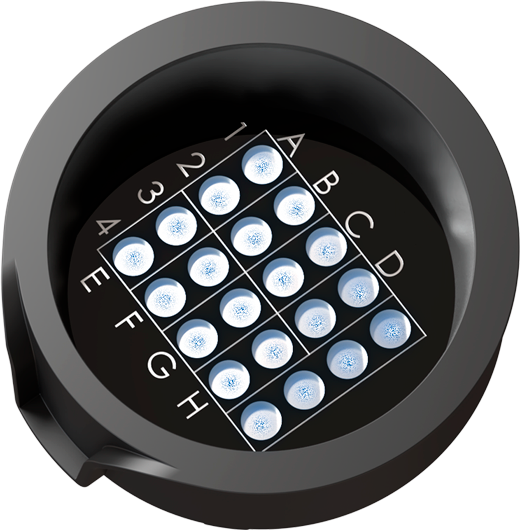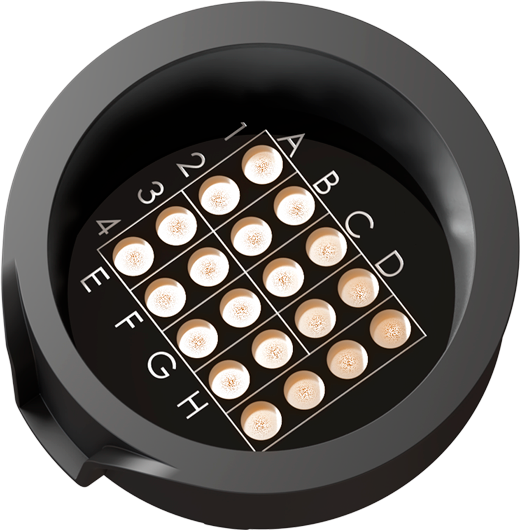- Projects
Menu
19, Magnus Renggli || Read the full article at RSF.ch
In Switzerland, cases of sexually transmitted infections (STIs) have surged over the past 15 years, notably with a marked increase in chlamydia, gonorrhea, and syphilis. However, the key to containment lies in early testing, which has proven to be expensive and often a financial burden on individuals.
Early tests play a crucial role in timely diagnosis and treatment, safeguarding the health of the population. Alarmingly, studies indicate that up to 80 percent of infected individuals show no symptoms, unknowingly contributing to the spread of infections.
Compounding the issue, STI tests in Switzerland are typically self-funded, with health insurance covering costs only under clear indications and high franchises. A survey reveals significant price variations, ranging from 90 francs in Biel to 300 francs in Graubünden.
The financial strain discourages many from undergoing tests, even when infection is suspected. Left untreated, STIs can lead to severe health consequences such as infertility and contribute to the further spread of infections.
Criticism of the high laboratory costs in Switzerland has come from both the price supervisor and health insurance association Santésuisse. Addressing and reducing these costs could potentially enhance accessibility to tests.
In response to these challenges, the association of medical laboratories contends that the price comparison with foreign countries is insufficient, citing higher personnel and infrastructure costs.They argue that different tariff structures and decentralized supply models must be taken into account.
Specialists and AIDS Aid Switzerland advocate for:
Experts emphasize that Switzerland must seriously confront the growing challenge of STIs by implementing measures to reduce their spread. Affordable testing and lower laboratory costs are seen as crucial components for building a healthier society and mitigating the number of STI infections.
Linda Nartey, Deputy Director and President-in-Cover at the Federal Office of Public Health (FOPH), acknowledges the issue of high STI testing costs and emphasizes the need for “correct and not too expensive prices” in a recent “Kassensturz” interview. It highlights the importance of collaborative efforts to address this public health concern.
diaxxoPod (RUO)

Our in-vitro diagnostic test cartridge based on rapid Polymerase Chain Reaction (PCR) amplification technology. This cartridge can reliably detect and distinguish the mutants from UK (20I/501Y.V1, B.1.1.7 – VOC-202012/01) as well as the South African mutation (B.1.351 lineage).
The test cartridge is aimed to improve the public health situation by rapidly enabling the detection of variants of concern. The cartridge is designed for qualitative detection of variants of interest of the SARS-CoV-2 Viral RNA in saliva samples and it works in conjuction with diaxxoPCR.
The test cartridges are sold with all the necessary reagents pre-loaded in the reaction wells. The use of the test cartridges is therefore extremely simple:
diaxxoPod

The test cartridges are sold with all the necessary reagents pre-loaded in the reaction wells. The use of the test cartridges is therefore extremely simple:
We use cookies on our website to give you the most relevant experience by remembering your preferences and repeat visits. By clicking “Accept”, you consent to the use of ALL the cookies.